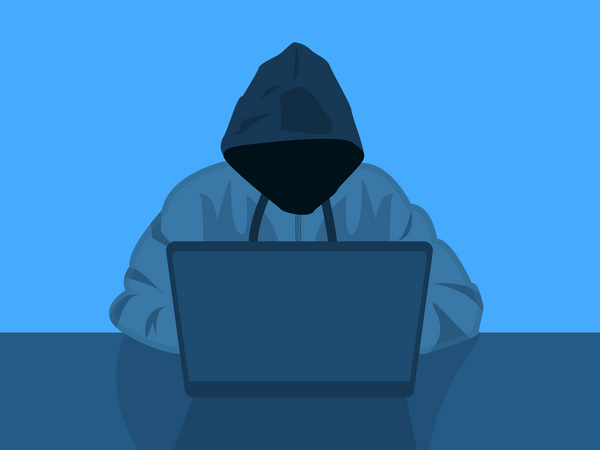Celebrate ‘Stand Up to Bullying Day’ by Teaching Kids How to Stop Online Harassment

International Stand Up to Bullying Day is a bi-annual event that encourages people around the world to take a public stance against bullying and raise awareness about the psychological and physical harm it inflicts on children and adults alike.
Traditional bullying vs cyberbullying
Parents and caretakers may find it hard to believe that online harassment causes the same emotional pain as physical bullying. However, unlike face-to-face bullying at school or the playground, the use of technology gives bullies ever more opportunities to create an endless loop of online abuse.
Anyone with an internet connection could become a bully. That said, online abuse can happen via any connected device, across social media platforms, texts, emails, messaging apps, gaming platforms and more.
According to a recent study, one in five children ages 10 to 18 in the US has fallen victim to cyberbullying, with higher rates for kids who use social media. For example, 79% of kids and young people on YouTube said they have suffered some form of online harassment, as well as 69% on Snapchat, 64% on TikTok and 49% on Facebook.
Online harassment can take many forms, from sending threatening messages, to spreading lies or rumors, social exclusion, and even online impersonation.
Teaching your kids best digital practices
Communicating and teaching your kids how to prevent online harassment is key to deterring cyberbullies. Start by setting some safety rules together:
- Set a clear list of things he or she should share or not share online: passwords, addresses, phone numbers, explicit photos and so on
- Advise why they should never post their friends’ personal information on social media platforms
- Block any communication attempts from strangers or individuals they know are prone to bad behavior online
- Delete suspicious messages without reading them
- Enable privacy settings on all social media platforms
- Always log out from their accounts on shared or public devices
- Be polite online and never send messages when they are angry or upset
- Take screenshots or record any evidence of abuse, and report hateful behavior to online services and platforms
- Ask for help if they have seen or experienced any form of online abuse
The Bitdefender Parental Control feature enables parents to monitor their child's access to websites, app usage, screen time and view the latest phone contacts added on their device. Based on your kids’ ages, the Parental Advisor will automatically choose the best privacy features that can be fine-tuned for particular needs by managing screen time and blocking incoming calls that have no Caller ID, among others.
tags
Author
Alina is a history buff passionate about cybersecurity and anything sci-fi, advocating Bitdefender technologies and solutions. She spends most of her time between her two feline friends and traveling.
View all postsRight now Top posts
Start Cyber Resilience and Don’t Be an April Fool This Spring and Beyond
April 01, 2024
Spam trends of the week: Cybercrooks phish for QuickBooks, American Express and banking accounts
November 28, 2023
FOLLOW US ON SOCIAL MEDIA
You might also like
Bookmarks







